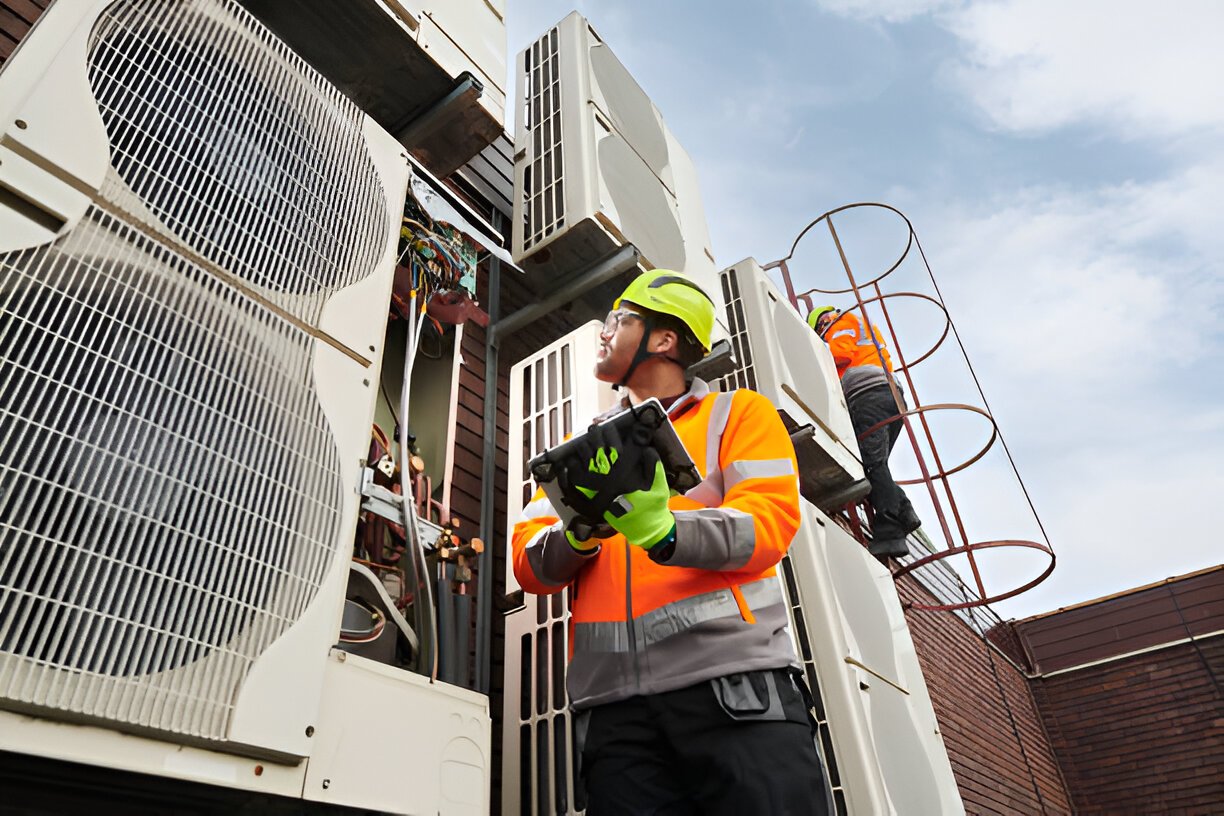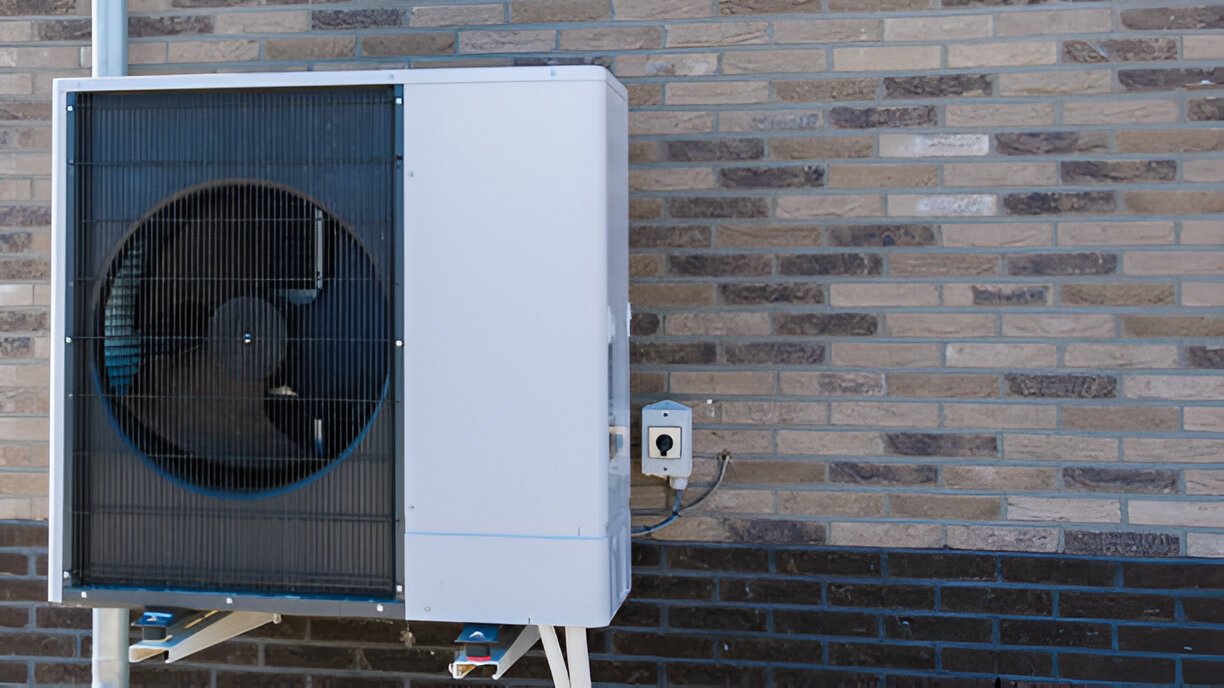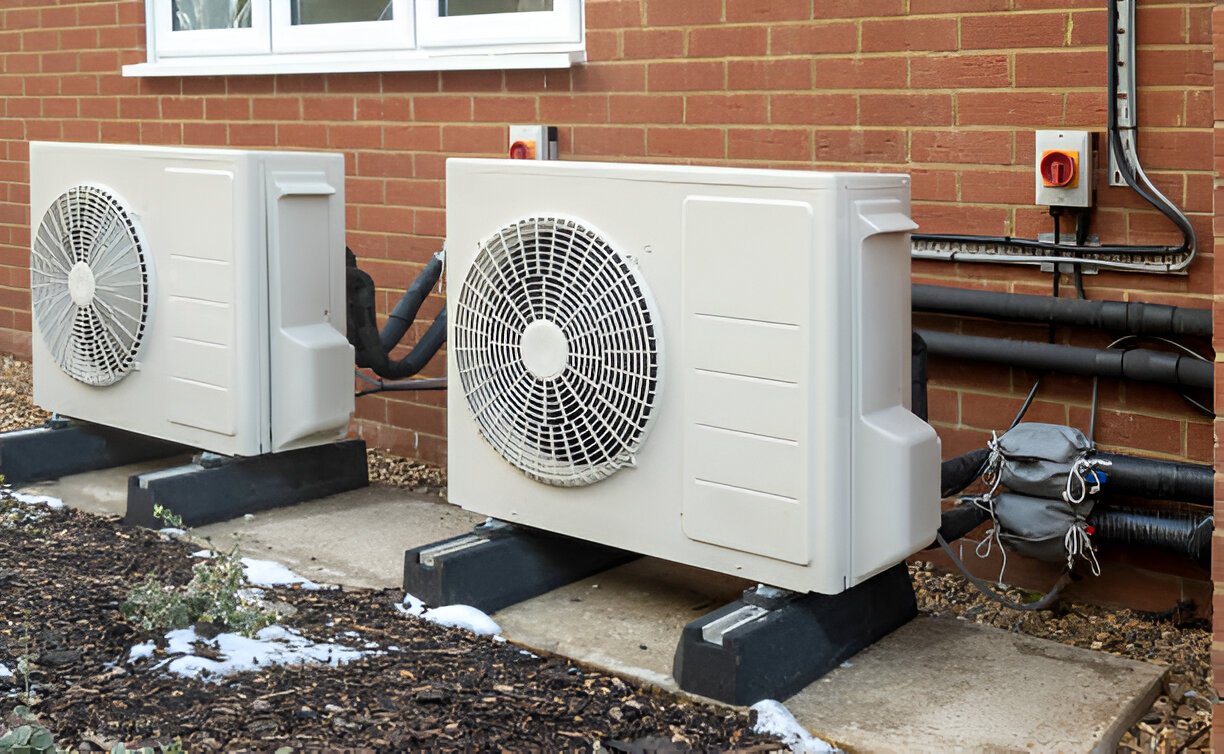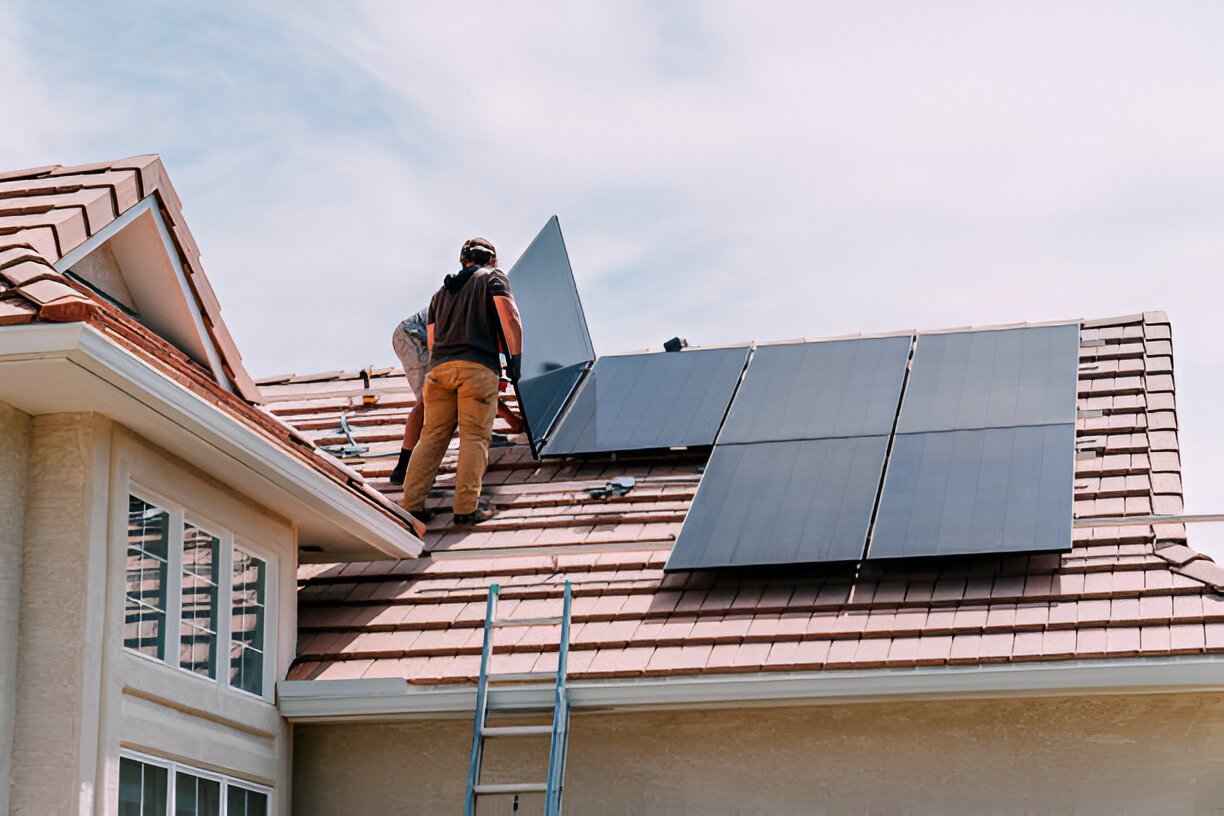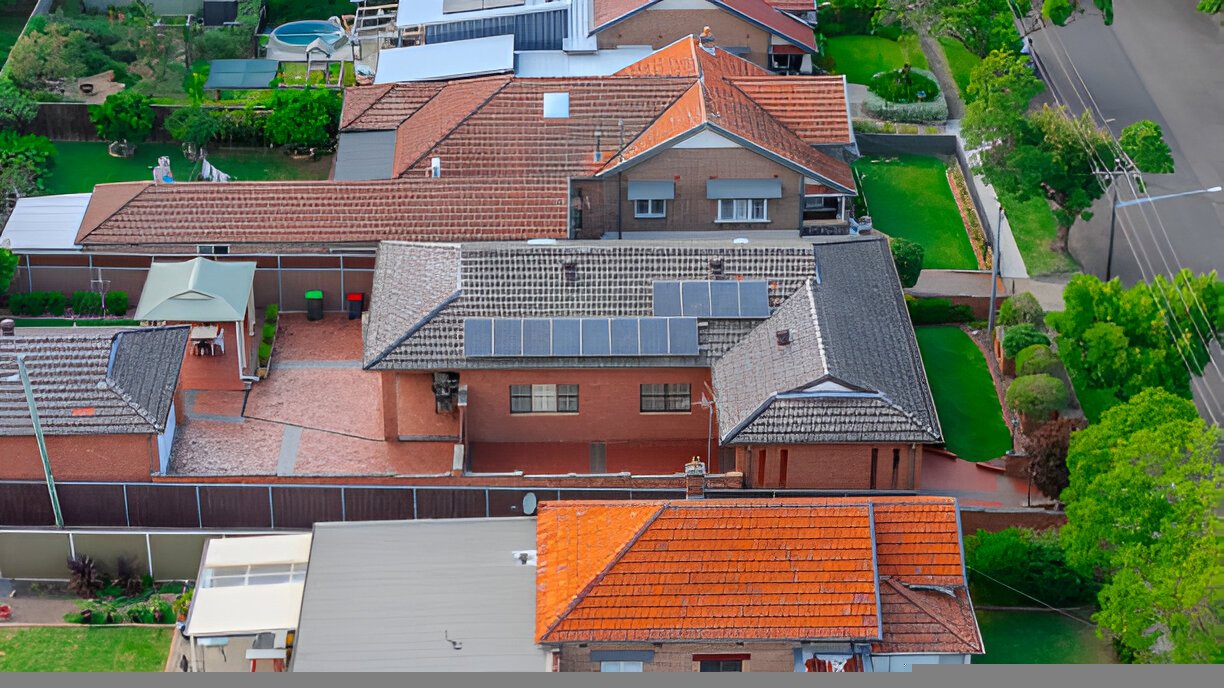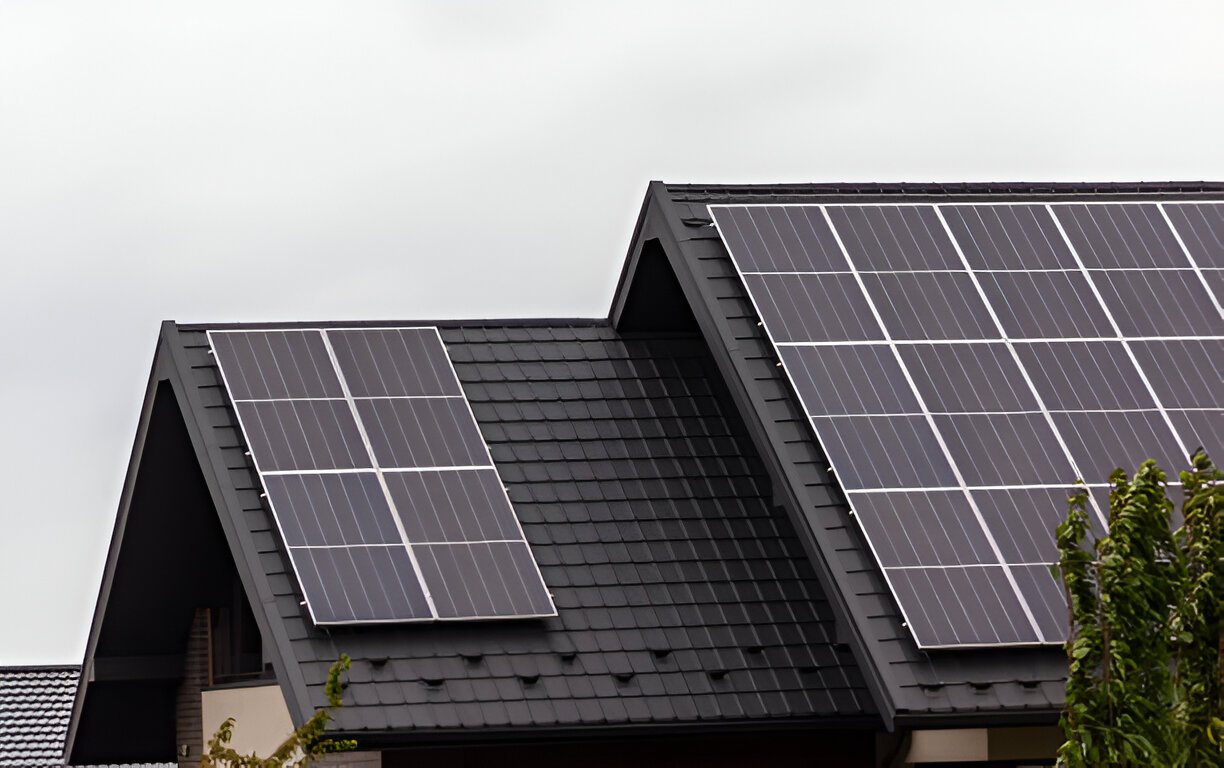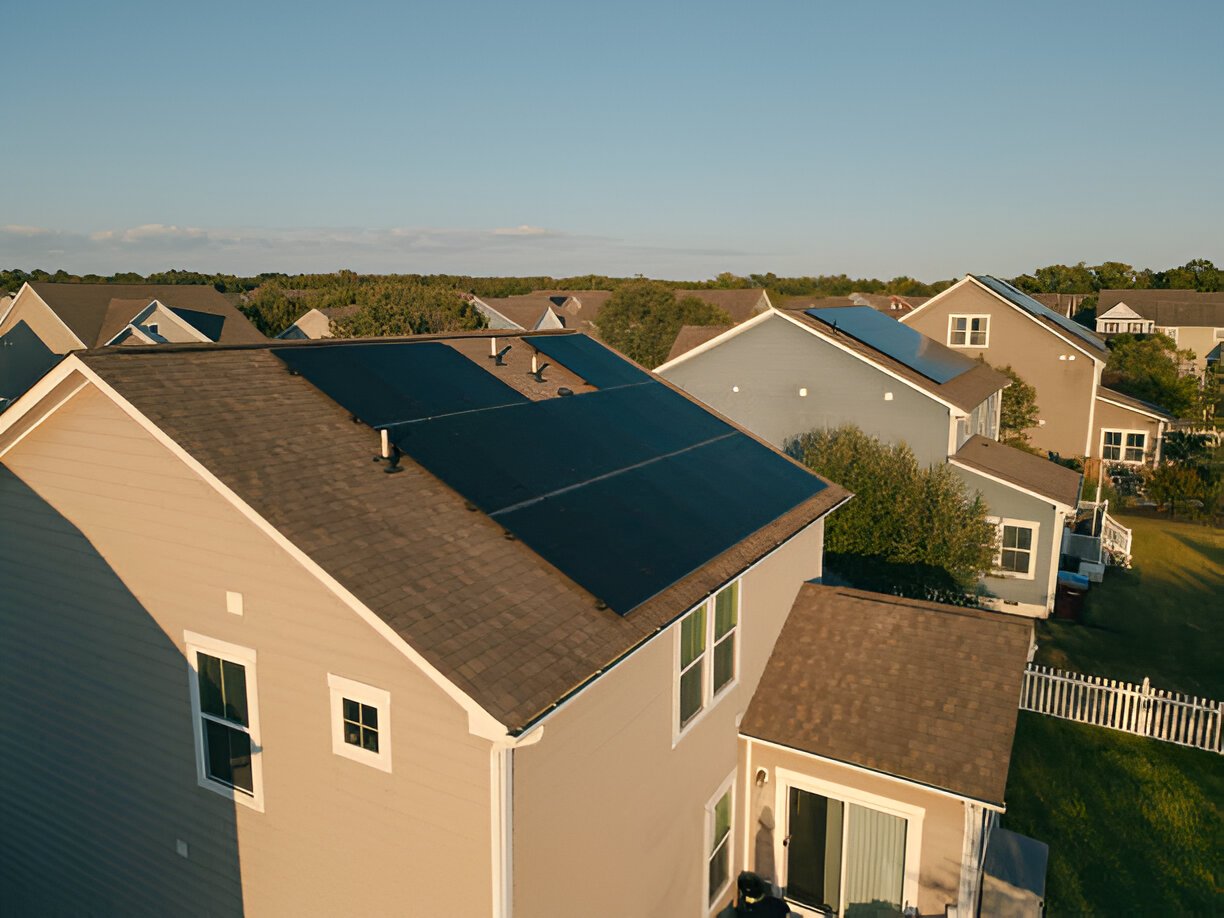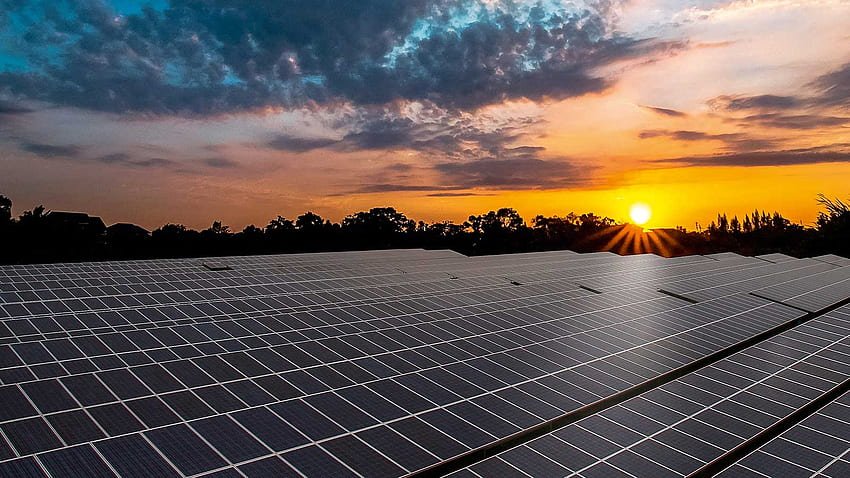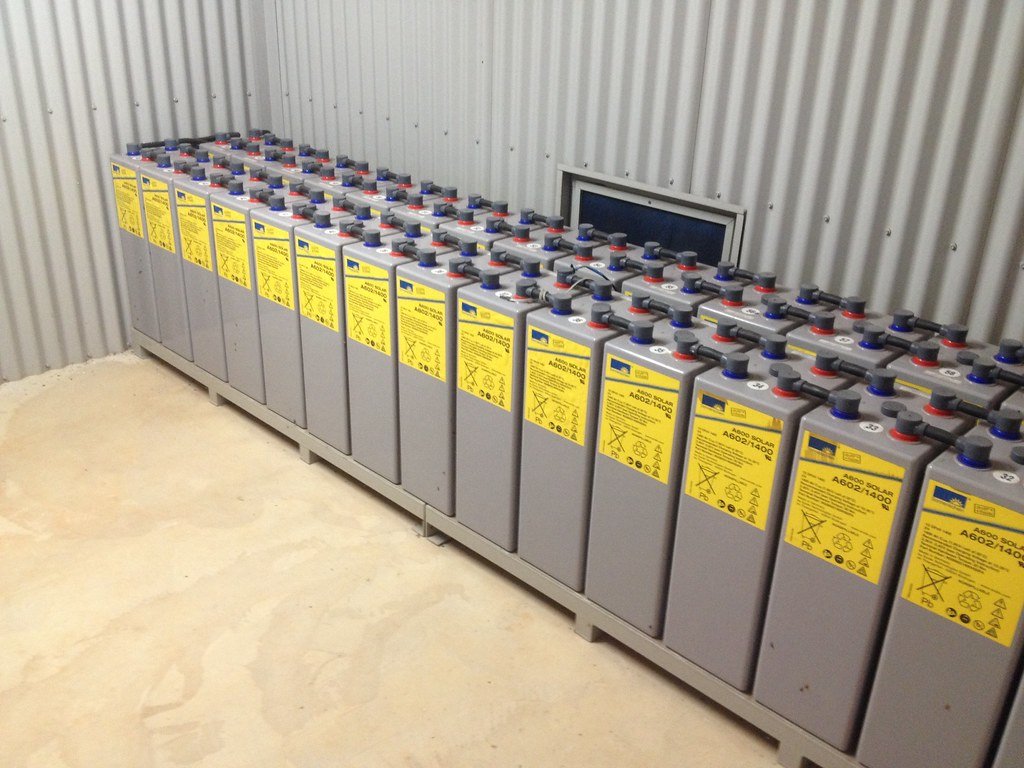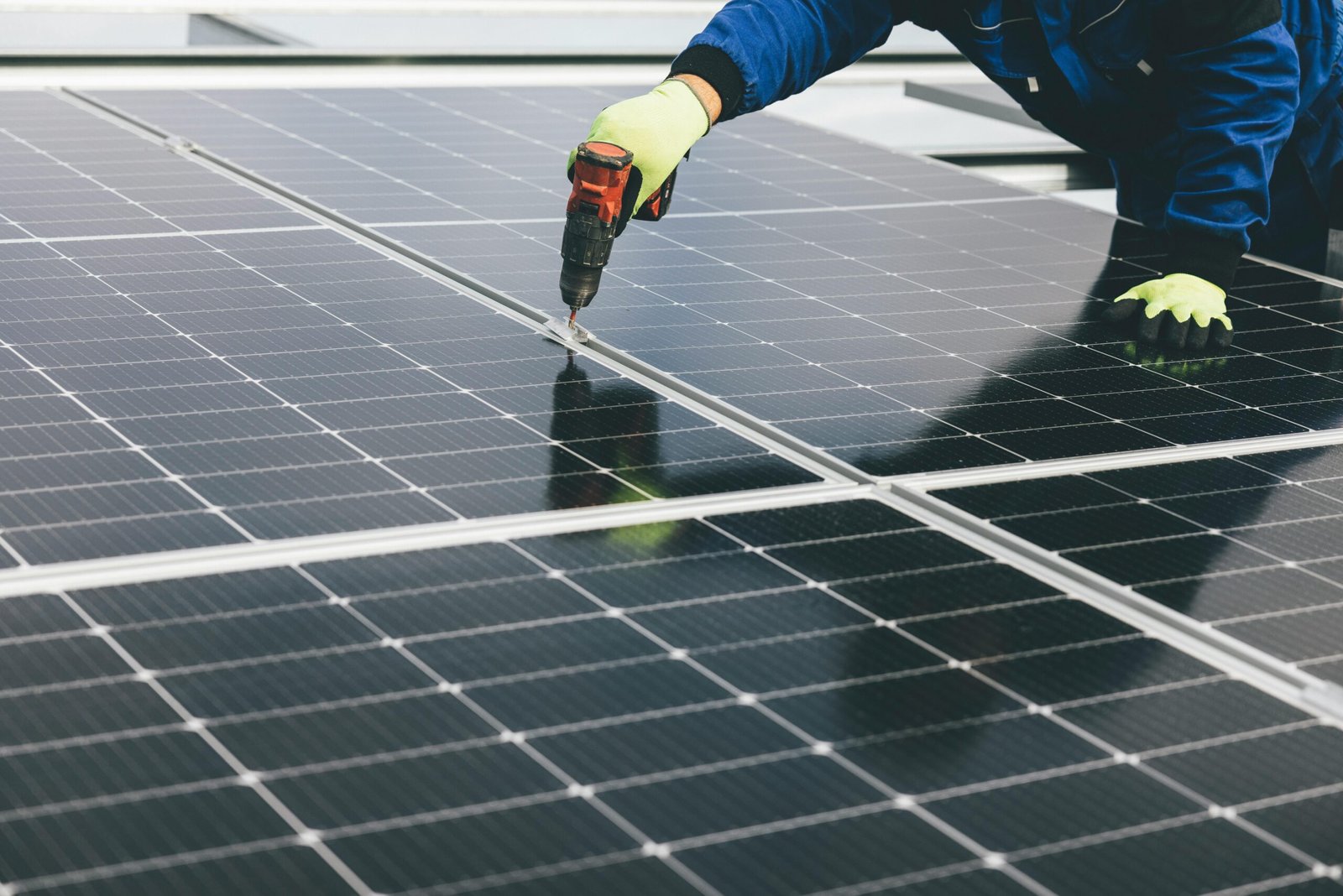Thinking about installing a heat pump but not sure how they work? You’re not alone. Heat pumps provide energy-efficient heating and cooling using innovative technology.
Unlike traditional systems, they don’t generate heat but transfer it from one place to another. This makes them a cost-effective and environmentally friendly choice. But is this heat transference enough to replace your existing HVAC and air conditioning system? Can it lower your energy bills over time?
To answer these questions, it is important to first understand how do heat pumps work. This can help you decide whether they’re right for you or not.
What is a Heat Pump?
A heat pump is a device that moves heat from one location to another. It works by extracting heat from the air, ground, or water and transferring it inside your home.
Unlike conventional boilers or furnaces, heat pumps don’t burn fuel to create heat. Instead, they use electricity to transfer heat, making them more energy-efficient.
Because they provide both heating and cooling, they offer a year-round climate control solution. Homeowners looking for an eco-friendly and cost-effective alternative to traditional heating systems often choose heat pumps.
The Basic Working Principle of Heat Pumps
Heat pumps operate using a simple thermodynamic cycle. First, they absorb heat from an external source like the air or ground. A refrigerant fluid inside the system captures this heat and turns it into a gas. This gas is then compressed, raising its temperature.
The heated gas passes through a heat exchanger, warming the air or water inside your home. Finally, the refrigerant cools down, returns to liquid form, and the cycle repeats. This process allows heat pumps to provide consistent and efficient heating and cooling throughout the year.
Types of Heat Pumps
There are mainly three types of systems based on where they source their heat from. Understanding the types is important to be clear about the installation process and working mechanism of each type of heat pump.
Air Source Heat Pumps
An air source heat pump (ASHPs) extracts heat from the outside air. Contrary to popular belief, this heat pump type works well even in cold temperatures. They work similarly to air conditioners but in reverse. Meaning that they extract heat from the air outdoors to warm the indoors.
However, this heat pump works like an air conditioner in the summer season too. The reversed operation means that this heat pump can extract heat from the indoors and transfer it outdoors.
These systems are easy to install and work well in most homes. Plus, ASHPs are the most popular type due to their affordability and efficiency. They can reduce heating costs while lowering carbon emissions.
Ground Source (Geothermal) Heat Pumps
Ground source heat pumps (GSHPs) use underground pipes to capture heat from the earth. Since the ground maintains a stable temperature year-round, these systems are highly efficient.
However, because GSHPs need access to the heat from the ground, the installation process requires excavating the ground. Therefore, they require more space and higher upfront costs than air-source heat pumps. However, because of their high energy efficiency, especially in areas with snowy winters, they have low running costs and offer long-term savings.
These systems do not typically require planning permission as they come under permitted development. So, if you have a backyard, you can save energy and save money in the long run with this system.
They are an excellent choice for homeowners looking for a durable and energy-efficient heating solution and have the outdoor space to accommodate them.
Water Source Heat Pumps
As evident from the name, these heat pumps extract heat from lakes, rivers, or wells. These systems work best for properties with a nearby water source. Like ground source heating systems, they provide consistent performance.
However, their installation depends on location and access to a suitable water supply. They offer excellent energy efficiency but require professional assessment before installation.
Heating and Cooling Functions Explained
Heat pumps work by reversing their operation depending on the season. In winter, they extract heat from the outside air or ground and transfer it indoors. In summer, they remove heat from indoors and release it outdoors, cooling your home.
This dual function makes them highly efficient. Unlike traditional heating and cooling systems, heat pumps use less energy to maintain a comfortable temperature. With smart controls, they can adjust automatically to weather conditions, ensuring optimal performance all year round.
Energy Efficiency and Cost Savings
One of the biggest advantages of heat pumps is their high efficiency and energy saving. They use less electricity compared to conventional heating systems like gas boilers. For every unit of energy consumed, a heat pump can produce up to four units of heat.
This means lower utility bills and reduced carbon emissions. Over time, the savings on energy costs can outweigh the initial installation expense.
Professional installers can even connect heat pump systems to underfloor heating for better functionality. They can even help reduce your carbon footprint further by connecting it to your solar panel system, saving you more money in the long run.
Is a Heat Pump Right for Your Home?
Heat pumps are best suited for well-insulated homes. If your home is draughty, additional insulation may be needed for maximum efficiency. They are ideal for mild to cold climates but can also function in extreme temperatures with the right setup.
Factors like property size, available space, and heating needs should be considered. A professional assessment can help determine the best type of heat pump for your home. With the right system, you can enjoy efficient and reliable heating year-round.
Conclusion: The Future of Home Heating & Cooling
Heat pumps are becoming the preferred choice for energy-efficient home heating and cooling. They offer cost savings, environmental benefits, and year-round comfort. With government incentives like the Boiler Upgrade Scheme available, switching to a heat pump is more affordable than ever.
At Samso Heat Pumps, we help homeowners find the best heating solution for their needs. If you’re ready to upgrade your home’s heating system, contact us today for expert advice and installation services.


